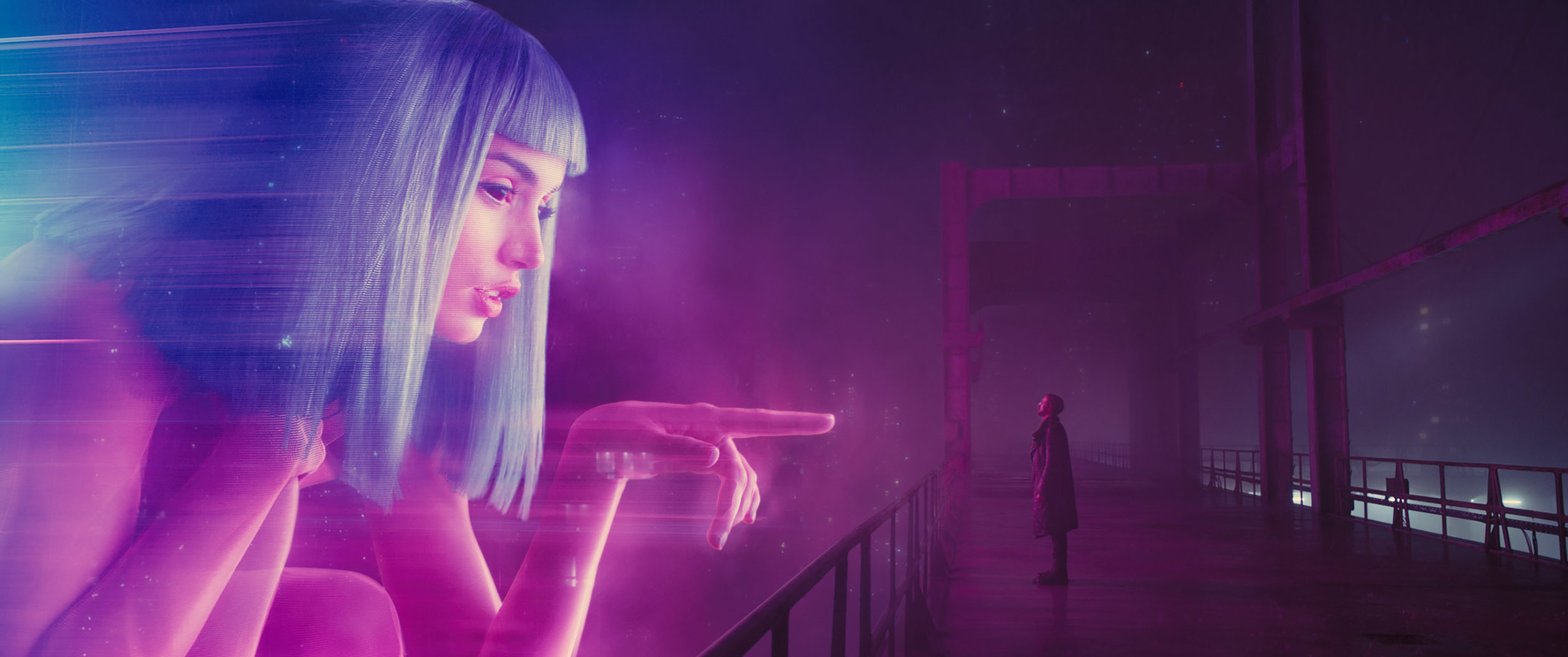Denis Villeneuve’s Blade Runner 2049 is the much-anticipated sequel to the 1982 cult film directed by Ridley Scott. Like the original, 2049 is a visually stunning depiction of our potential dystopian future; one that if we read it in its historical context provides for us a detailed cognitive mapping of the continued decline of unfettered multinational capitalism. Also, like the original, the new film provides a surface level portrayal of the world that, if read in spatial terms, maps for us many of the contours of the rhizomatic networks of contemporary capital...
Read moreFuture Imperfect; or, "It's Easier to Imagine the End of the World..."
Red Wedge is delighted to share an excerpt from Matthew Flisfeder’s book Postmodern Theory and Blade Runner (2017). The book is part of the Bloomsbury series Film Theory in Practice, edited by Todd McGowan. This excerpt comes from the end of the second chapter.
With a sequel coming up later this year, the time to revalue Blade Runner as a profoundly historical film has come. The film was made during a critical transition point within the history of capitalism.
Read more

